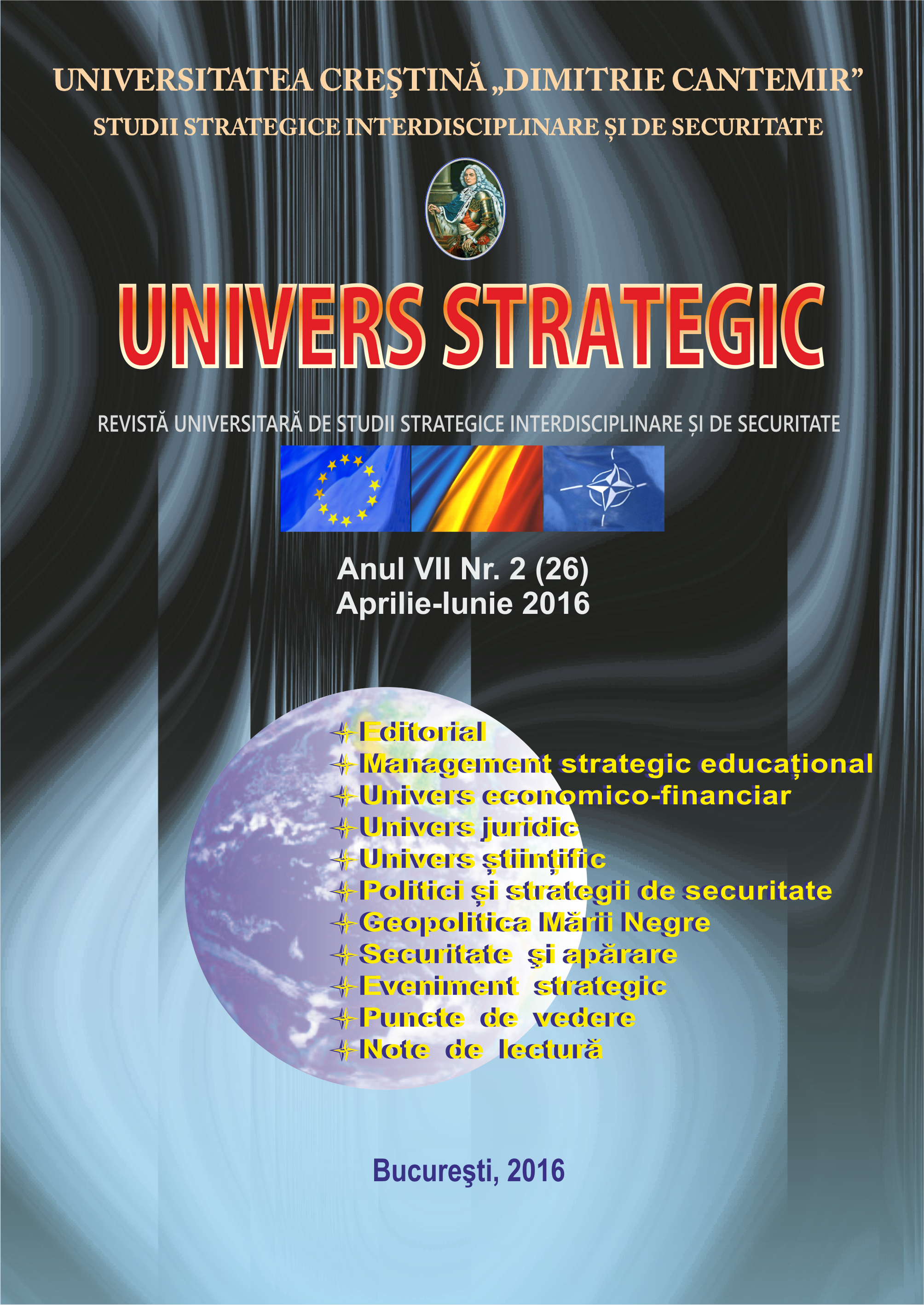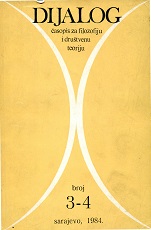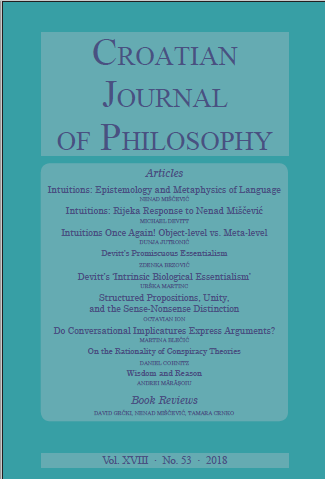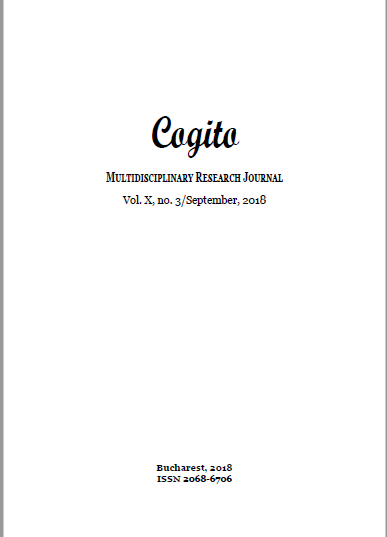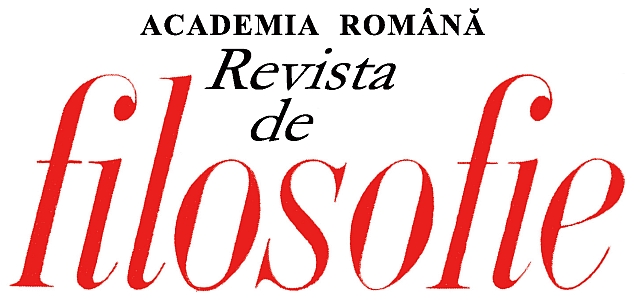
Understanding Enkratic Reasoning
Beginning from John Broome’s approach to Enkrasia, the paper quickly moves to giving a condensed presentation of an approach to practical reasoning motivated by a Fregean approach to inference (in theoretical reasoning). The suggested account of practical reasoning avoids using rationality requirements to do explanatory work when accounting for correct reasoning, and thus avoids lots of problems. It is strictly conservative in its approach, and no new inference rules are required for moving from the theoretical to the practical case. It is suggested that we can stick to deductive reasoning when accounting for practical reasoning proper; the crucial premiss from theoretical reasoning about practical matters cannot normally be established this way. The paper moves on to tackle counterarguments to the effect that there will simply be too little correct practical reasoning on the present (deductive) approach. The simple account of correct reasoning has too high a cost, it is argued. The paper meets this objection when it argues that much reasoning is enthymematic or incomplete reasoning. By making specific claims about how there may be practical premisses to which we do not attend even when they are, in some sense, before the mind, the approach is defended.
More...


